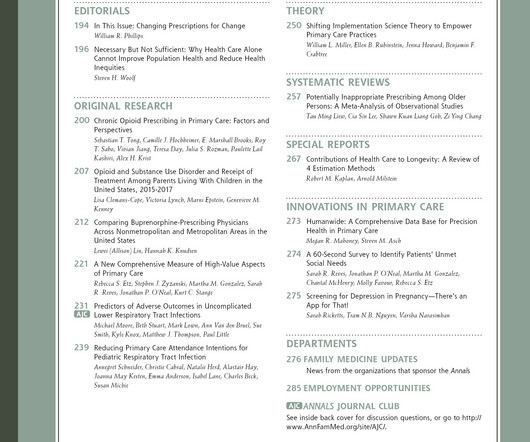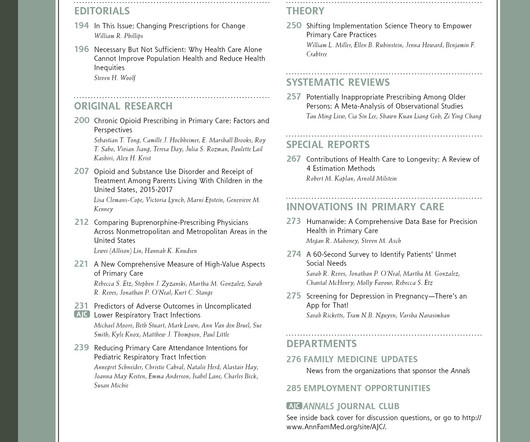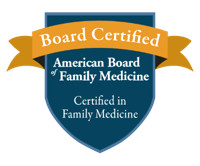How to Improve Care for Patients With Multiple Chronic Conditions
Physician's Weekly
JUNE 25, 2025
Caring for patients with multiple chronic conditions requires identifying those at risk, clear communication, and coordinated care to improve outcomes. Approximately 60% of American adults live with at least one chronic condition , and 40% of them have more than one. Have open gaps in care or medications not filled.



























Let's personalize your content